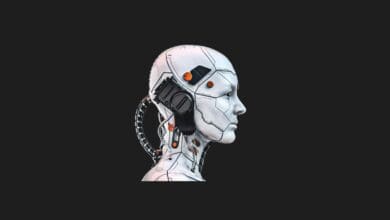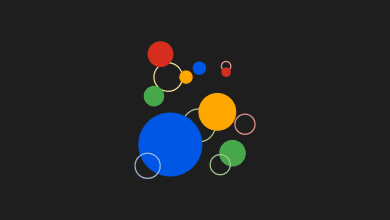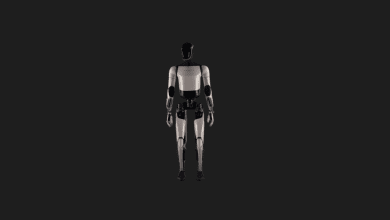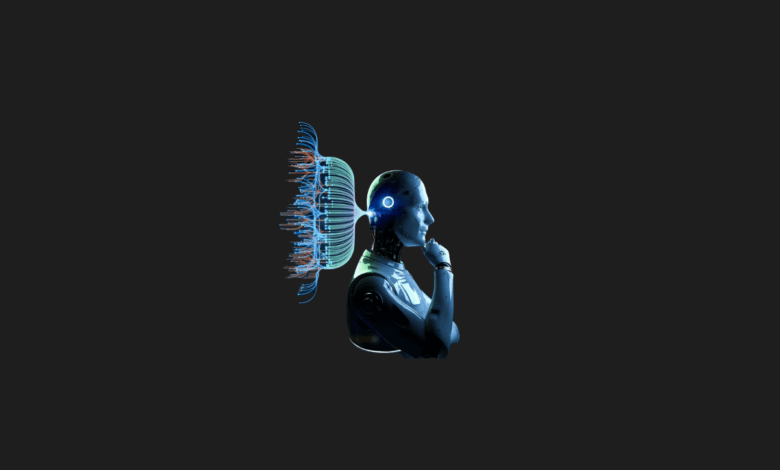
Artificial Intelligence (AI) is a branch of computer science that aims to create machines or software capable of performing tasks that would normally require human intelligence.
These tasks include problem-solving, decision-making, understanding natural language, and learning from experience. AI technologies can be designed to operate autonomously or in collaboration with humans.
1.What is Artificial Intelligence?
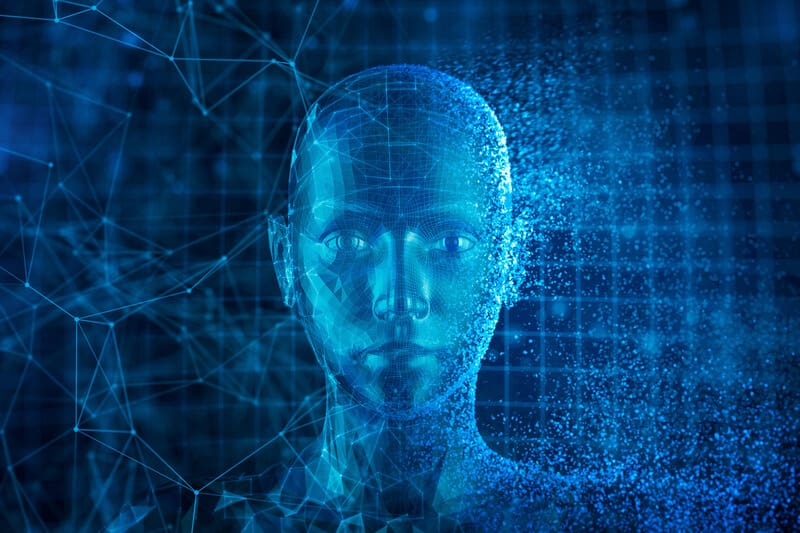
Artificial Intelligence (AI) is a branch of computer science that aims to create machines capable of mimicking human intelligence processes, such as learning, reasoning, and problem-solving.
2.Why is Artificial Intelligence important?
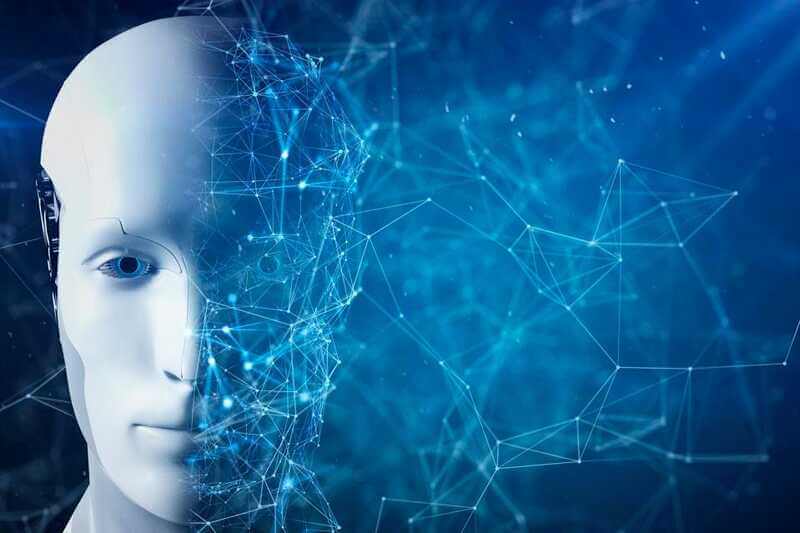
Answer: Artificial Intelligence can offer capabilities that exceed human capacity in data analysis, automation, problem-solving, and various other tasks.
3.What is the difference between Artificial Intelligence and Machine Learning?
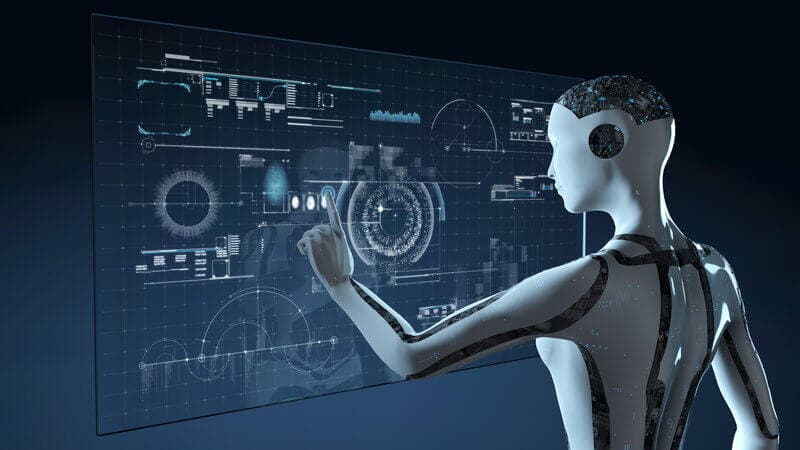
Answer: Artificial Intelligence is a broad concept, while Machine Learning is a subfield of AI that focuses on enabling machines to learn from experience.
4.Is Artificial Intelligence ethical?
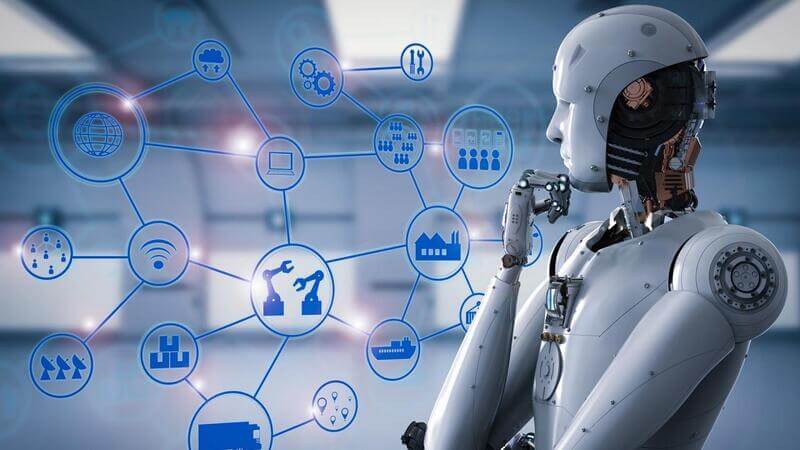
Answer: Ethical considerations can arise in the design and implementation of AI, depending on its purpose and potential outcomes.
5.Is Artificial Intelligence safe?
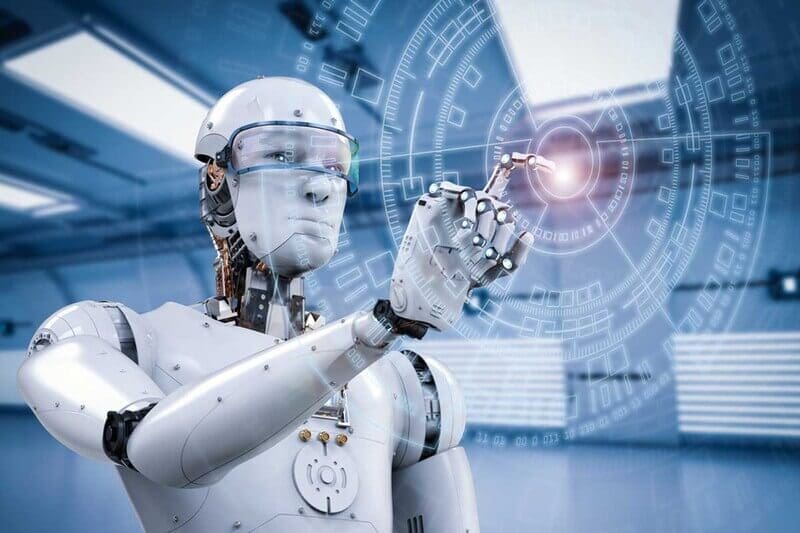
Answer: The safety of AI systems depends on how they are designed and used.
6.Will Artificial Intelligence eliminate human jobs?
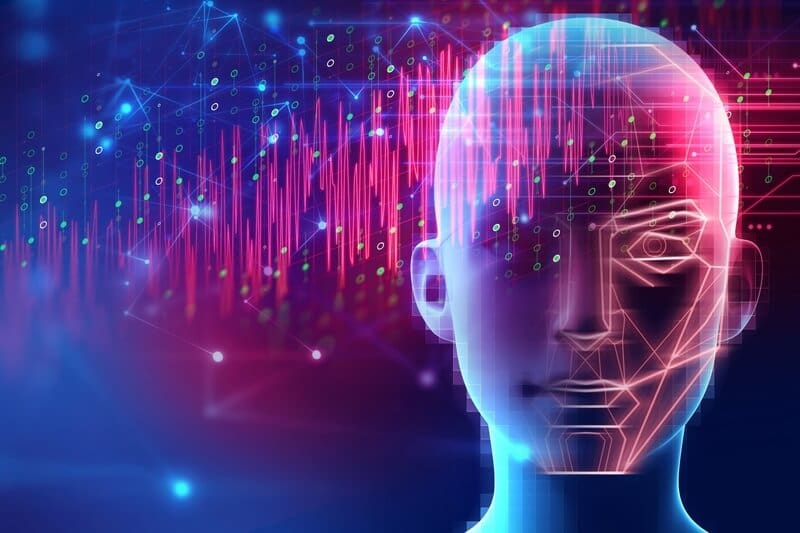
Answer: AI can automate some tasks but also creates new job opportunities and fields.
7.How old is the concept of Artificial Intelligence?
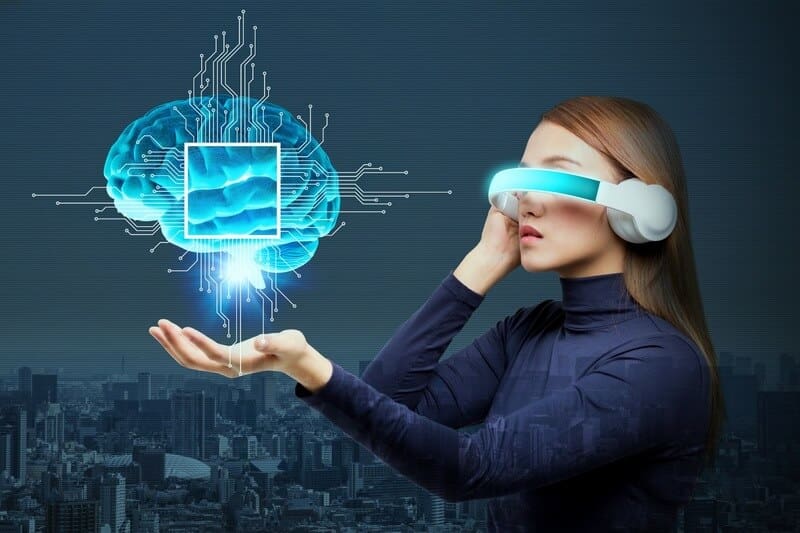
Answer: The concept of Artificial Intelligence dates back to the early 1950s.
8.Can Artificial Intelligence think like a human?
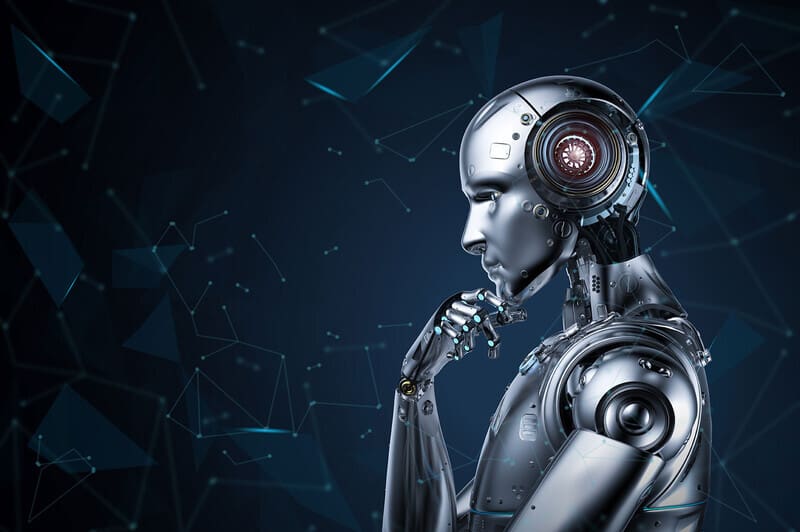
Answer: Current AI systems cannot think like humans in terms of general intelligence.
9.Can Artificial Intelligence have emotions?

Answer: AI systems can understand or simulate emotions, but they do not have emotional experiences.
10.Can Artificial Intelligence predict the future?
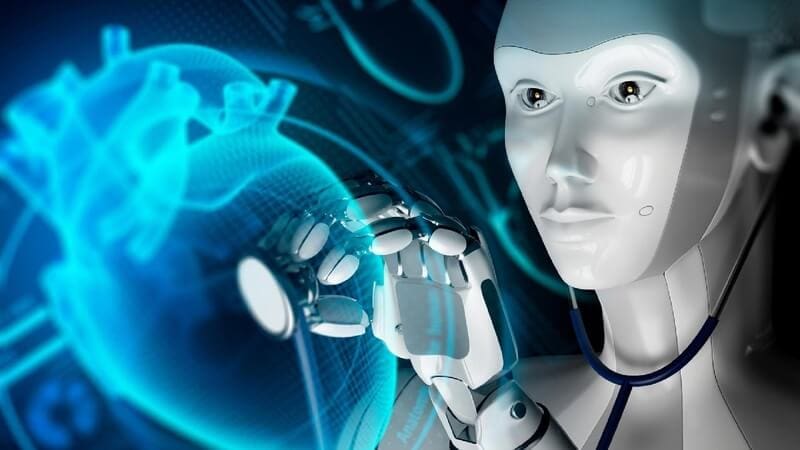
Answer: AI can make predictions about the future using specific data sets and algorithms, but these predictions are not certain.
11.How is Artificial Intelligence programmed?
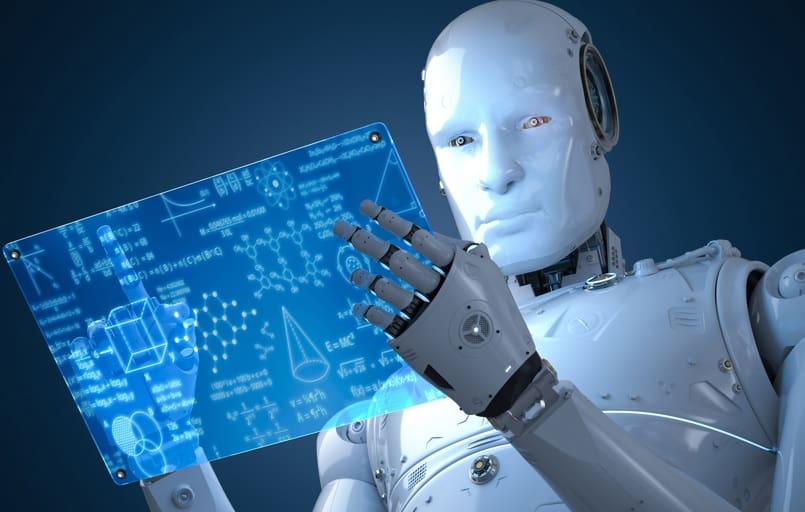
Answer: Artificial Intelligence can be programmed using various programming languages and algorithms.
12.Can Artificial Intelligence learn by itself?
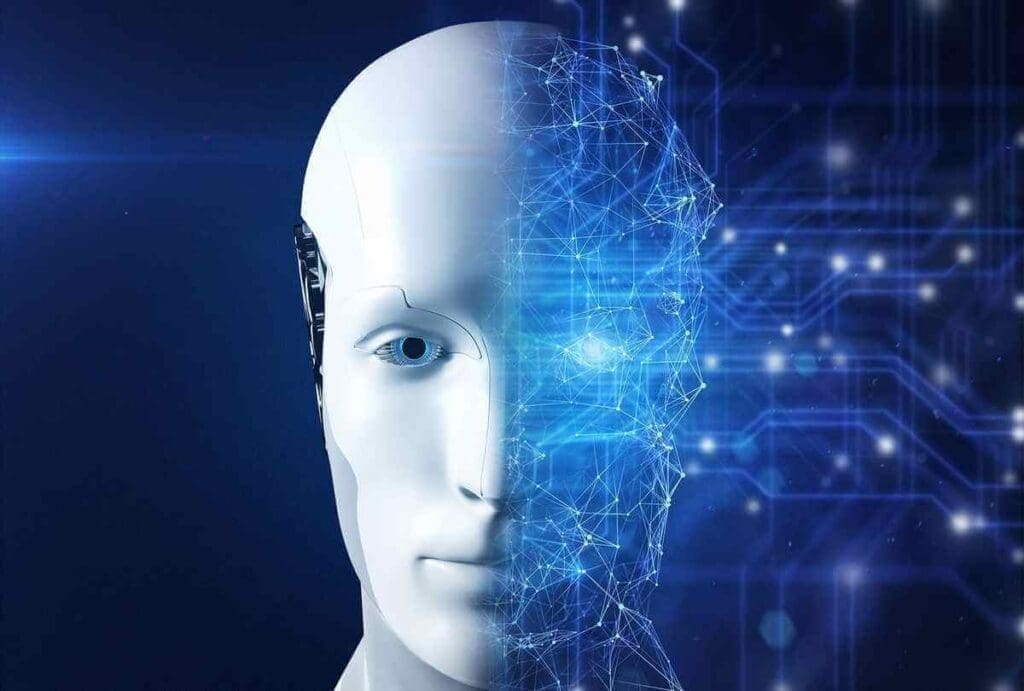
Answer: Yes, through techniques like machine learning and deep learning, AI can learn autonomously.
13.How is Artificial Intelligence used in healthcare?
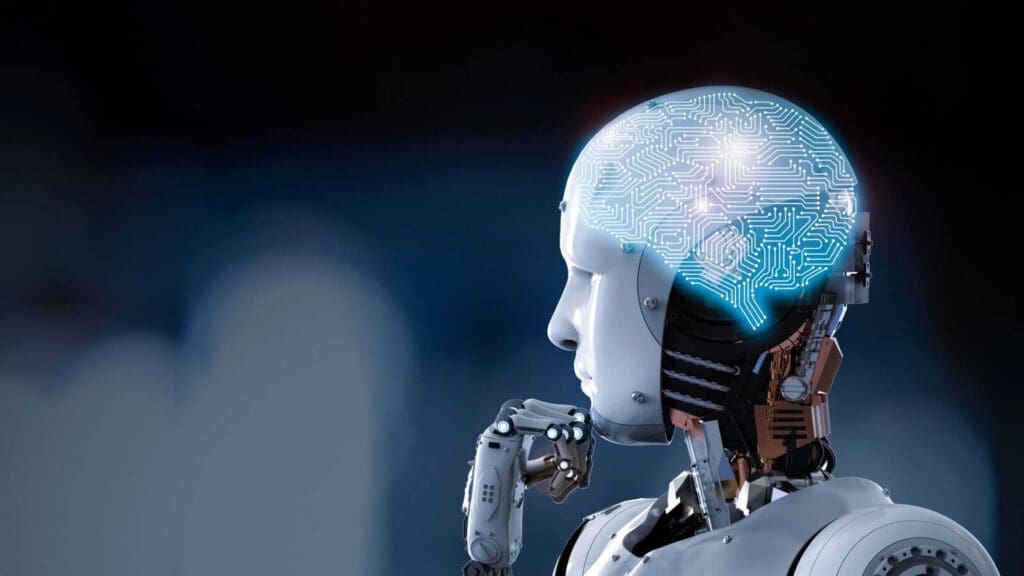
Answer: AI is used in diagnostics, treatment planning, and health data analysis.
14.What industries are impacted by Artificial Intelligence?
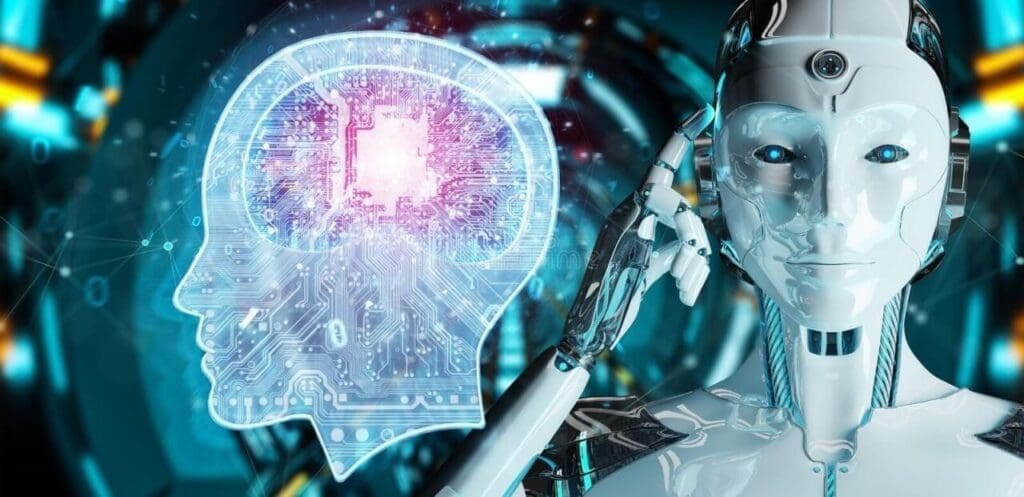
Answer: AI impacts a range of industries including healthcare, finance, automotive, retail, and more.
15.Is Artificial Intelligence energy-efficient?
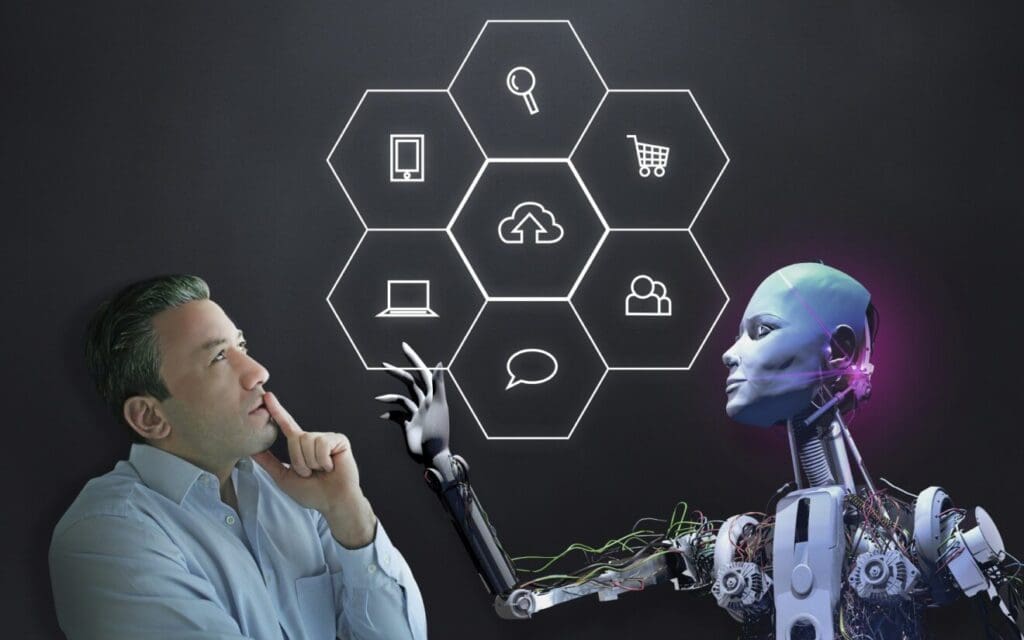
Answer: This depends on the model and algorithms used. Larger AI models typically use more energy.
16.Can Artificial Intelligence perform tasks humans cannot?
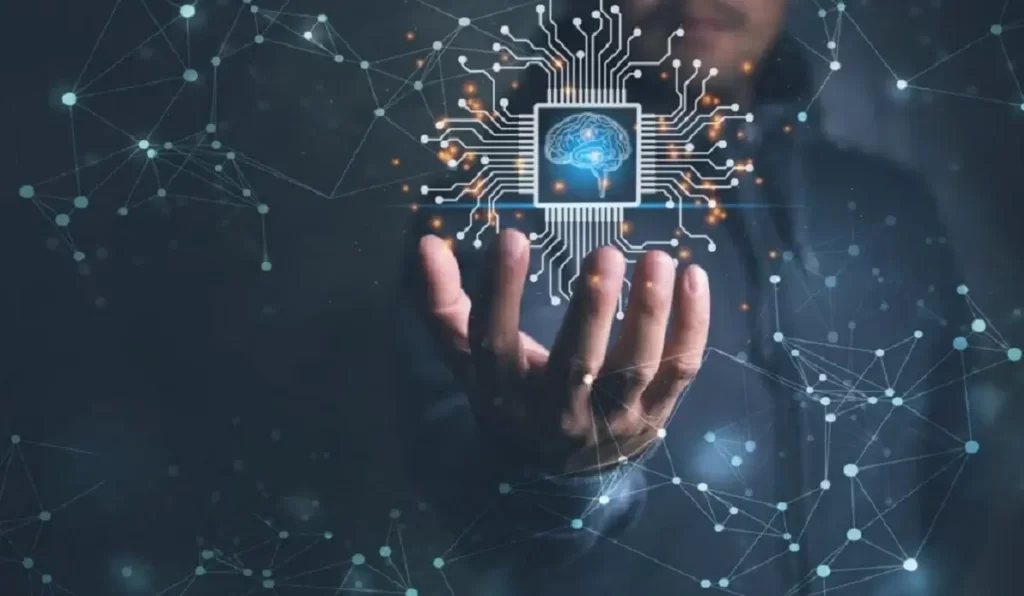
Answer: AI can analyze large data sets quickly and perform complex calculations, which could be challenging or time-consuming for humans.
17.Is Artificial Intelligence expensive?
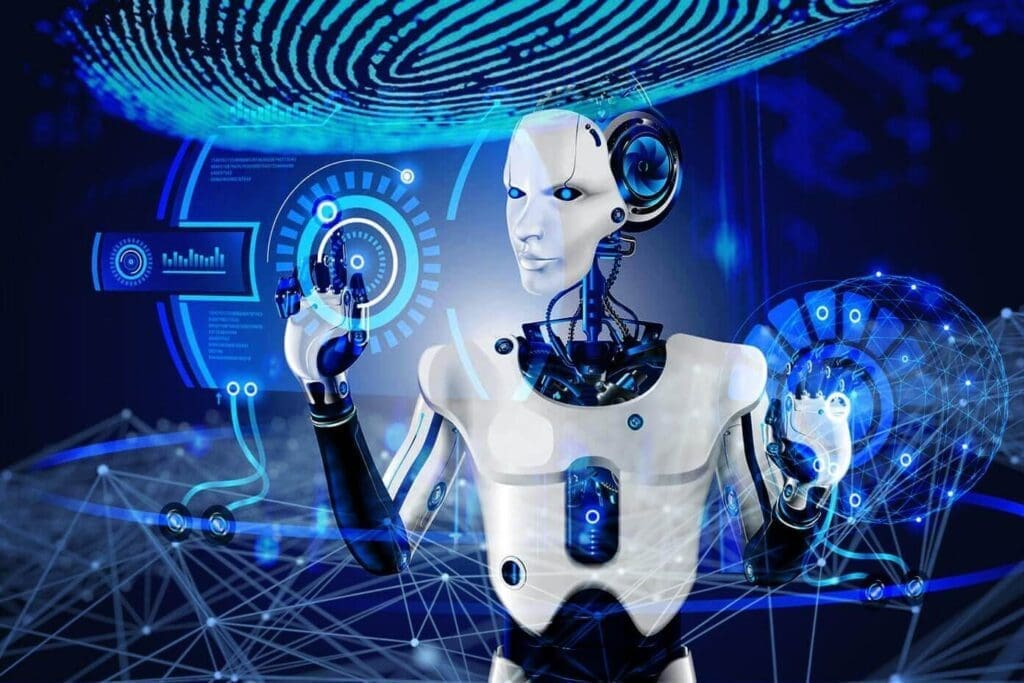
Answer: The cost of implementing AI can vary in terms of development and operational expenses.
18.Where is Artificial Intelligence used?
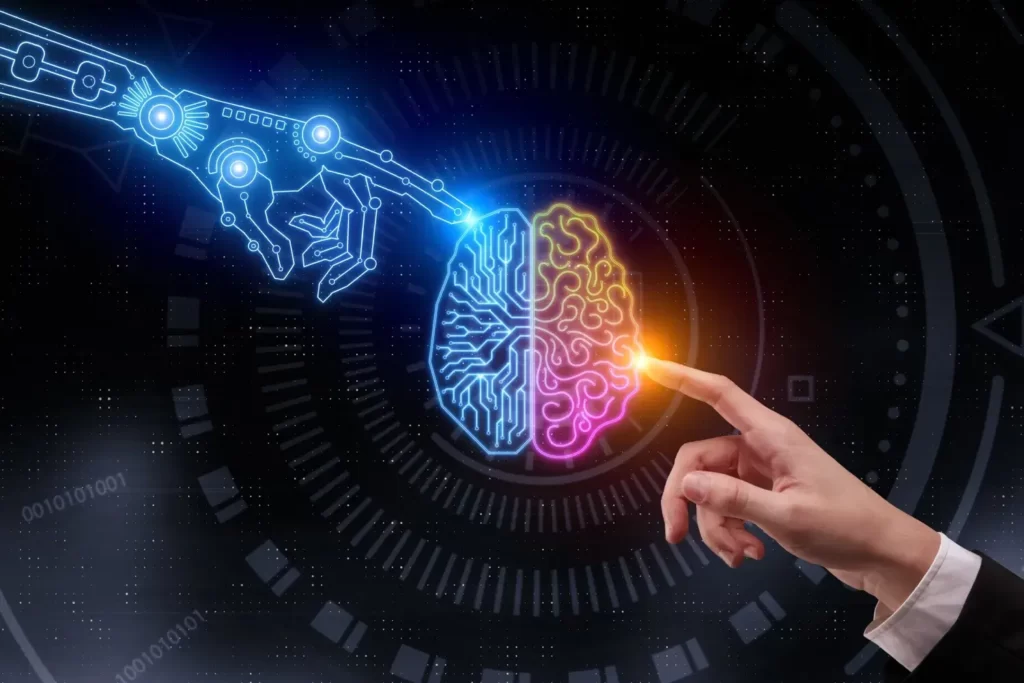
Answer: AI is used in a wide range of applications, from search engines to healthcare diagnostics to autonomous vehicles.
19. Can Artificial Intelligence be biased?
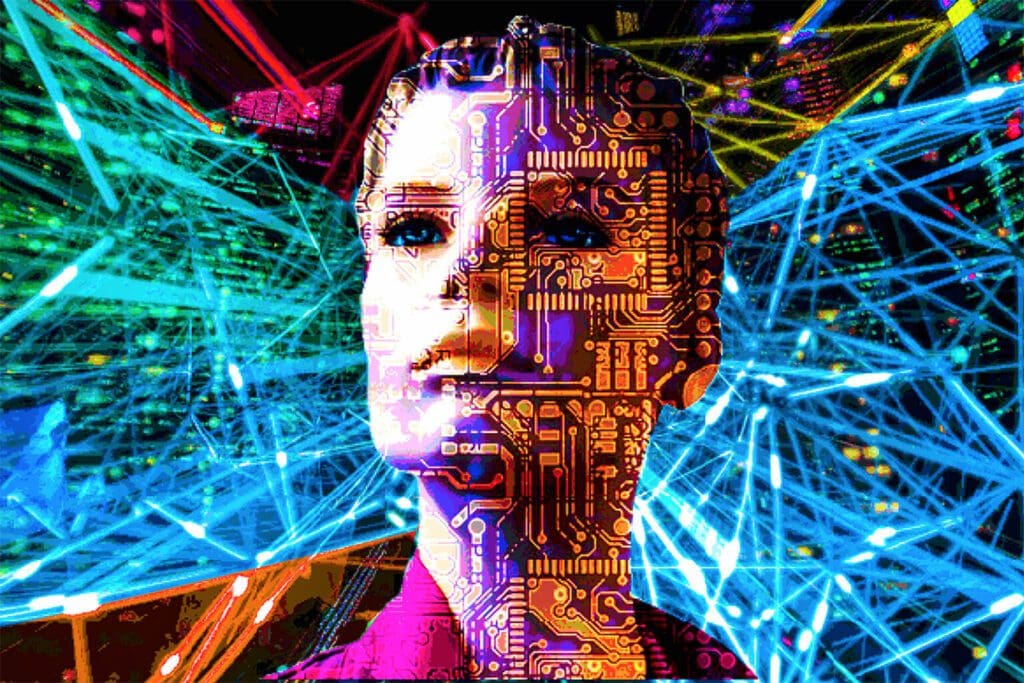
Answer: If trained on biased data, AI models can produce biased outcomes.
20. Can Artificial Intelligence create art?

Answer: AI can generate music, paintings, and other forms of art, but these works usually require human oversight and creativity.
21.What programming languages are used to develop Artificial Intelligence?

Answer: Programming languages like Python, Java, and C++ are commonly used for AI development.
22.How is Artificial Intelligence trained?

Answer: AI is trained through labeled data sets or experiences.
23.What is the difference between Artificial Intelligence and robotics?

Answer: While AI focuses on software, robotics generally involves physical movement and mechanical systems.
24.How is Artificial Intelligence used in gaming?

Answer: In gaming, AI is often used to control enemy character behavior, game strategies, or to improve user experience.
25.Can Artificial Intelligence surpass human intelligence?

Answer: As of now, AI has not surpassed human intelligence in terms of general abilities, but it can be faster and more accurate in specific tasks.
26.What impact can Artificial Intelligence have on the environment?

Answer: AI could have positive impacts on environmental conservation and sustainability, but also negative impacts like increased energy usage.
27.Is Artificial Intelligence legally regulated?

Answer: There is currently no general legal framework for AI applications, although the subject is increasingly being discussed.
28. Who are the notable figures in Artificial Intelligence?

Answer: Alan Turing, Geoffrey Hinton, Andrew Ng, and Yann LeCun are among those who have made significant contributions to the field of AI.
29. Can Artificial Intelligence update itself?

Answer: Theoretically, AI can be programmed to update its own software, but this poses ethical and security concerns.
30.When will Artificial Intelligence become widespread?

Answer: AI is already widely used in various fields, and its adoption is increasing rapidly.





